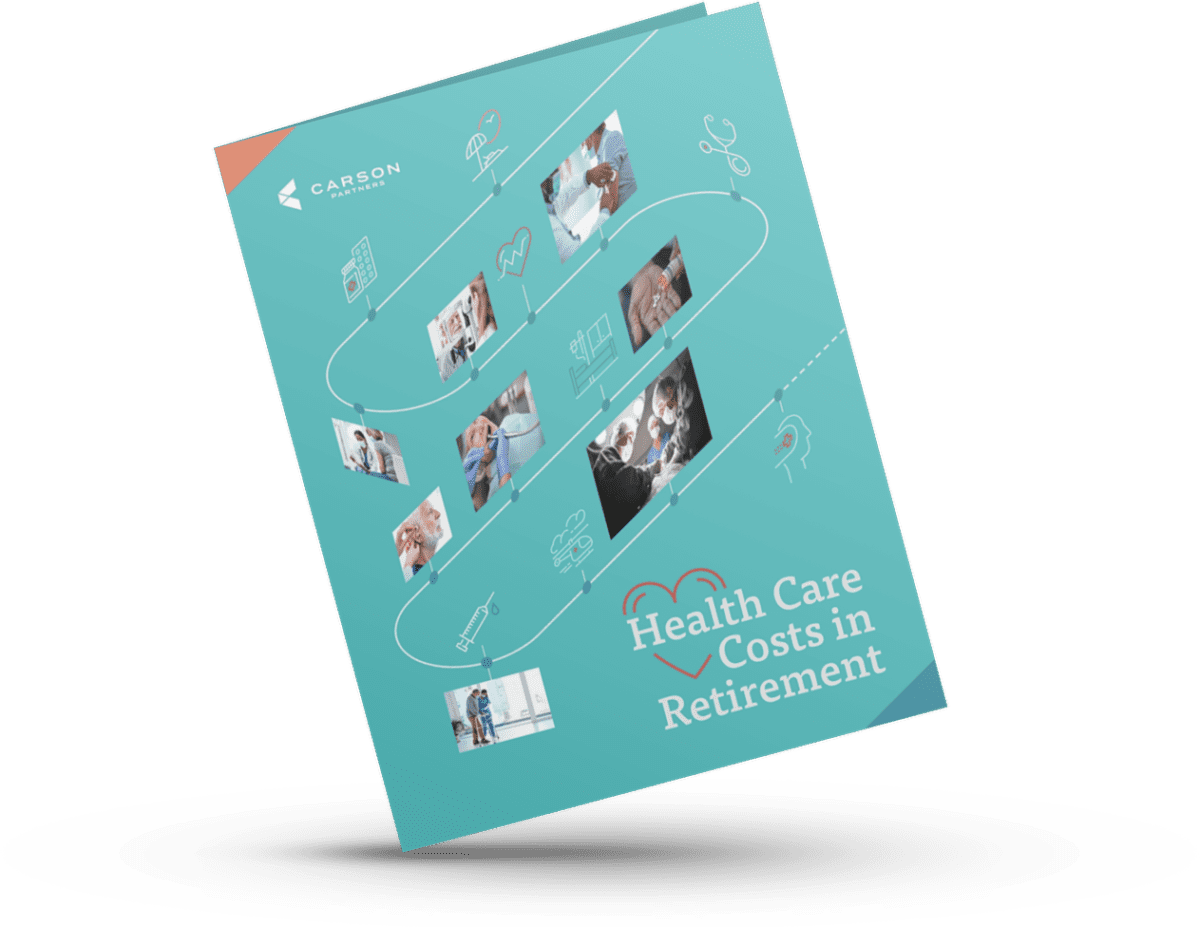Yes, Social Security Is Taxable – But Yours Doesn’t Have to Be
As you move toward retirement, you can’t be content just to accumulate assets. You need to develop a retirement income plan that can help guide you when it comes time to turn savings into sustainable retirement income.
Scared of Running Out of Money in Retirement? Here’s How to Avoid It
There are currently about half a million centenarians in the world. The U.S. leads the world in sheer number of centenarians, according to available data. People are living longer than ever, and this plays a significant role in how you plan for your retirement.
The Roth IRA Conversion: Why & How to Use This Strategy in Your Retirement Planning
Roth IRA conversions have emerged as a compelling strategy in retirement planning, offering a range of benefits and opportunities. Converting your tax-deferred retirement plans to a Roth IRA can be a strategic move, particularly for individuals seeking tax diversification, potential long-te …
4 Moves You Can Make with Your Old 401(k)
Changing careers is an emotional move – there’s excitement for the new opportunity, sadness about leaving your favorite coworkers behind, depression if you weren’t ready to leave, worry about how to financially bridge the unemployment gap and anticipation of the new career all at once.
Your Retirement Planning Starter Pack
Although there are some basic guidelines, your financial life is as unique as your fingerprint. Your lifestyle, goals, family situation, risk tolerance and even your wildest dreams will give a unique signature to your portfolio. Let’s look at a few of the starting points today for a healthy …
Yes, You Can Make a Solid Long-Term Care Plan: Here’s How and Why It’s Important
By Matt Lewis, CLTC®, Vice President, Insurance In today’s world it’s fair to say that most reasonable people believe they are going to live a long life. And when you live a long life, it’s also fair to say that sooner or later, we’re going to need some form of care.
Medicare and Managing Health Care Costs in Retirement
Health care costs in retirement aren’t going anywhere. Naturally, as our bodies get older, it costs more to keep them running. And with U.S. health care spending expected to rise at a rate 1.1% faster than the annual GDP, this cost will come home to our pockets. Statistics like this m …
Medicare Time – Now What? Things to Know as You Start Out
By Matt Lewis, CLTC®, Vice President, Insurance You’re turning 65 this year and Medicare is on your mind. Medicare is a subset of Social Security and run by the Social Security Administration. In my experience, it may be almost as complicated as the Internal Revenue Code! With that said, le …
5 Common Retirement Planning Mistakes
Is your retirement plan lacking? Let’s look at 5 common retirement planning mistakes and how you can get the most out of your retirement plan.
Your Retirement Income Plan
Having a retirement income plan in place can help you approach retirement with confidence. Learn more in our informative webinar, Your Retirement Income Plan, with Carson Group’s Senior Wealth Planner Tom Fridrich and Retirement Plan Advisor Chris Tooker, now available on-demand.
What You Need to Do in the Year Before You Retire
Your retirement is the culmination of years of careful planning, and you don’t want to fumble the ball when the end zone is in sight. Download our checklist of key tasks to complete in the year leading up to your retirement to make sure you’re prepared for this major life milest …
COMPLIMENTARY RESOURCE
Medicare and Managing Health Care Costs in Retirement
Health care costs in retirement aren't going anywhere. Naturally, as our bodies get older, it costs more to keep them running. Let's look at the parts of this vital program and how it plays a part in your financial plan.


